Advanced Placement and Cambridge Courses
Advanced Placement ® (AP) Courses
Pasco eSchool is committed to offering all students access to rigorous course work. Research shows that students who enroll in Advanced Placement ® (AP) courses make the transition to college coursework more successfully as a result of the habits of mind that they practice and build through their experience. Pasco eSchool offers AP courses to all students in the state of Florida who attend public or private schools.
AP courses are college-level courses offered in high school. Courses reflect what is taught in introductory college courses. Students who earn a qualifying score on the College Board AP Exam are eligible to receive college credit and/or earn placement into advanced courses in college, according to the policies in place at each college or university.
Advanced Placement (AP) courses are available during the fall and spring semesters. While most courses offer 10, 12, 16, and 18 week schedules, AP courses do not have a 10 or 12 week option. Due to the increased rigor and time requirements inherent in AP courses, students are strongly encouraged to work on either the 16 or 18 week schedule and plan to complete all coursework by Spring Break in order to prepare for the Advanced Placement testing window in May of each year.
AP Exams are ordered by the student’s local physical school and are taken at that location. Students will receive instructions for requesting the exam order from their Pasco eSchool instructor. As required by district policies, students enrolled in Advanced Placement courses are required to sit for the corresponding AP Exam each Spring.
Cambridge ® (AICE) Courses
In support of our district’s efforts to expand access to rigorous courses that prepare our students for future success in college or careers, Pasco eSchool will offer its first Cambridge ® (AICE) course, AS Level General Paper for all juniors, and interested seniors. This course offers students the opportunity to qualify for college credit by demonstrating mastery of assessments required by Cambridge International.
AICE General Paper
Cambridge International AS Level English General Paper develops a set of transferable skills. These include
comprehension, constructing an argument, presenting views, and writing English coherently and persuasively.
AICE Psychology
Cambridge International AS & A Level Psychology is designed to give students an understanding of psychological concepts, theories and research methodology.
AP Art History
Explore the history of art across the globe from prehistory to the present. You’ll analyze works of art through observation, discussion, reading, and research.
AP Biology
Study the core scientific principles, theories, and processes that govern living organisms and biological systems. You’ll do hands-on laboratory work to investigate natural phenomena.
AP Calculus AB
Explore the concepts, methods, and applications of differential and integral calculus. You’ll work to understand the theoretical basis and solve problems by applying your knowledge and skills.
AP Calculus BC
Explore the concepts, methods, and applications of differential and integral calculus, including topics such as parametric, polar, and vector functions, and series. You’ll perform experiments and investigations and solve problems by applying your knowledge and skills.
AP Research
Build on what you learned in AP Seminar to deeply explore an academic topic, problem, or issue of individual interest. Through this exploration, you will design, plan, and conduct a year-long research based investigation to address a research question.
AP Seminar
Develop and practice the skills in research, collaboration, and communication that you’ll need in any academic discipline. You’ll investigate topics in a variety of subject areas, write research-based essays, and design and give presentations both individually and as part of a team.
AP Computer Science A
Get familiar with the concepts and tools of computer science as you learn a subset of the Java programming language. You’ll do hands-on work to design, write, and test computer programs that solve problems or accomplish tasks.
AP Computer Science Principles
AP Computer Science Principles is an introductory college-level computing course that introduces students to the breadth of the field of computer science. Students learn to design and evaluate solutions and to apply computer science to solve problems through the development of algorithms and programs.
AP English Language and Composition
Learn about the elements of argument and composition as you develop your critical-reading and writing skills. You’ll read and analyze nonfiction works from various periods and write essays with different aims: for example, to explain an idea, argue a point, or persuade your reader of something.
AP English Literature and Composition
Learn how to understand and evaluate works of fiction, poetry, and drama from various periods and cultures. You’ll read literary works and write essays to explain and support your analysis of them.
AP Environmental Science
Explore and investigate the interrelationships of the natural world and analyze environmental problems, both natural and human-made. You’ll take part in laboratory investigations and field work.
AP European History
Study the cultural, economic, political, and social developments that have shaped Europe from c. 1450 to the present. You’ll analyze texts, visual sources, and other historical evidence and write essays expressing historical arguments.
AP French Language and Culture
Develop your French language skills and learn about the cultures in French-speaking parts of the world. You’ll practice communicating in French and study real-life materials such as newspaper articles, films, music, and books.
AP German Language and Culture
Develop your German language skills and learn about the cultures in German-speaking parts of the world. You’ll practice communicating in German and study real-life materials such as newspaper articles, films, music, and books.
AP Human Geography
Explore how humans have understood, used, and changed the surface of Earth. You’ll use the tools and thinking processes of geographers to examine patterns of human population, migration, and land use.
AP Physics 1
Learn about the foundational principles of physics as you explore Newtonian mechanics; work, energy, and power; mechanical waves and sound; and introductory, simple circuits. You’ll do hands-on laboratory work to investigate phenomena.
AP Spanish Language and Culture
Develop your Spanish language skills and learn about the cultures in Spanish-speaking parts of the world. You’ll practice communicating in Spanish and study real-life materials such as newspaper articles, films, music, and books.
AP Spanish Literature and Culture
Build your language skills and cultural knowledge by exploring works of literature written in Spanish. Using Spanish to communicate, you’ll read, analyze, discuss, and write about works by Spanish, Latin-American, and U.S. Hispanic authors of different periods.
AP Statistics
Learn about the major concepts and tools used for collecting, analyzing, and drawing conclusions from data. You’ll explore statistics through discussion and activities, and you’ll design surveys and experiments.
AP United States Government and Politics
Study the key concepts and institutions of the political system and culture of the United States. You’ll read, analyze, and discuss the U.S. Constitution and other documents as well as complete a research or applied civics project.
AP United States History
Study the cultural, economic, political, and social developments that have shaped the United States from c. 1491 to the present. You’ll analyze texts, visual sources, and other historical evidence and write essays expressing historical arguments.
AP World History: Modern
Study the cultural, economic, political, and social developments that have shaped the world from c. 1200 CE to the present. You’ll analyze texts, visual sources, and other historical evidence and write essays expressing historical arguments.




